Teamwork Reboot After COVID-19
Register
This is a virtual workshop, links will be sent to those who register.
Overview
Increasingly, high impact science is conducted in teams. Managing these teams may seem straight forward initially, but these teams can be fraught with challenges like communicating across disciplinary boundaries, aligning goals and incentives, sharing resources and credit. These challenges become more complex within the context of COVID-19. A deliberate approach to planning and applying the science of teams to these collective scientific endeavors is required. The overall goal of this two-part workshop is to provide to attendees with an introduction to fundamental concepts of team science and practical tools and strategies for building and managing effective research teams. The workshop will be held in two parts; registrants are encouraged to participate in both.
Who Should Attend?
This workshop is appropriate for any researcher interested in improving their ability to lead or work within research teams effectively. Whether you are starting a new team or seeking to enhance the effectiveness of your current team, this workshop will provide you with insights and tools to apply in your work.
Objectives
- Describe the basic principles and practices of team science, and why it is important.
- Detail the three pillars of effective science teams.
- Practice styles and approaches to managing conflict.
- Demonstrate effective leadership behaviors for science teams.
- Share strategies for building effective research teams.
What to Expect
While this is a virtual event, it is a ‘hands on’ and interactive workshop. Experts from the National Cancer Institute will facilitate discussion and you will work with peers in breakout group sessions.
Tentative Agenda
View/Print (updated 6/25/2020)
Contact
Cyd Lacanienta at [email protected].
Our Speakers
Michael Rosen, PhD (moderator)
Dr. Rosen is a Human Factors Psychologist and Associate Professor in the Department of Anesthesiology and Critical Care Medicine at the Johns Hopkins School of Medicine. He is a principal faculty member in the Armstrong Institute for Patient Safety and Quality, and Associate Director for Team Science at the Institute for Clinical and Translational Research. He holds joint appointments in the Bloomberg School of Public Health, and School of Nursing. His research has been funded by the Agency for Healthcare Research and Quality (AHRQ), NASA, and DARPA and focuses on simulation, performance measurement, teamwork and coordination, system evaluation and design for patient safety and quality. He is associate editor at BMJ Quality and Safety.
Michelle Bennett, PhD
Dr. Bennett directs NCI’s Center for Research Strategy, a science-based office that since 2015 collaboratively develops recommendations for addressing scientific opportunities, monitors the direction and application of scientific knowledge and resources, and identifies research funding gaps. Prior to taking on this role, she served as the deputy scientific director of the Division of Intramural Research at the National Heart, Lung, and Blood Institute and before that was deputy director at NCI’s Center for Cancer Research. Dr. Bennett earned her Ph.D. in oncology from the University of Wisconsin–Madison studying genetic susceptibility to cancer and, as a postdoctoral fellow at the National Institute of Environmental Health Sciences, performed some of the earliest work on BRCA1 and BRCA2 including the characterization and localization of BRCA1 to the long arm of Chromosome 17.
Dr. Bennett has extensive practical experience in promoting collaboration and team-based approaches by bringing together research scientists with diverse backgrounds and expertise to solve complex scientific problems. She has supported efforts to increase diversity in the biomedical workforce, played a leadership role in launching and building the NIH Stadtman Tenure Track Investigator program, and developed a trans-NIH web presence for the NIH Intramural program. Dr. Bennett is the recipient of many awards, including NIH and Institute Director’s Awards, the NCI Women’s Scientist Advisors Achievement Award, and the NCI Exceptional Mentor Award.
Christophe Marchand, PhD
Dr. Marchand obtained his PhD in Molecular Pharmacology in 1997 from the University of Paris, Pierre & Marie Curie, in the area of gene therapy via DNA triple helix formation. In 1998, he joined the Laboratory of Molecular Pharmacology at the NCI as a Visiting Fellow where he was appointed Staff Scientist in 2006. In 2014, he was promoted to Senior Staff Scientist (NIH Associate Scientist) in the Developmental Therapeutics Branch. In 2016, Dr. Marchand became a Health Scientist Administrator at the Center for Research Strategy within the Office of the Director at the NCI.
During his 25 years of bench work, Dr. Marchand has co-authored over 100 peer-reviewed publications and holds 23 patents. He is a recipient of three NCI Director’s Innovation Awards and 14 Federal Technology Transfer Awards for the development of new classes of antiviral and anticancer drugs. He is also the recipient of a competitive NIH R03 grant for a trans-NIH high-throughput screening effort. Dr. Marchand has been leading the Professional Development Committee of the NCI Staff Scientists and Staff Clinicians Organization from 2011 to 2016 and has been involved in capacity building at the institute level ever since. Dr Marchand is also a volunteer Emergency Services Officer in the Civil Air Patrol (US Air Force Auxiliary) certified in air/ground search & rescue and wilderness medical operations.



